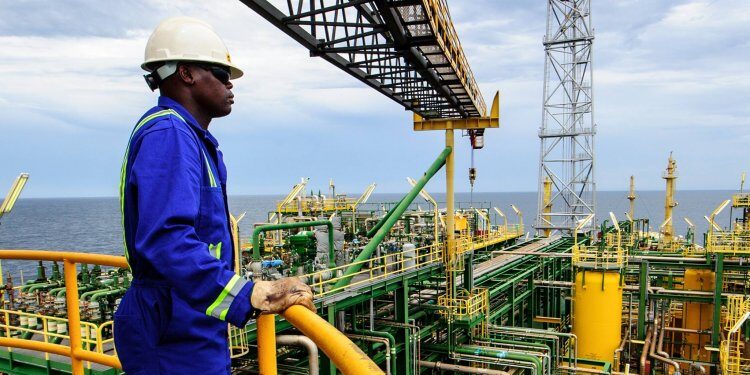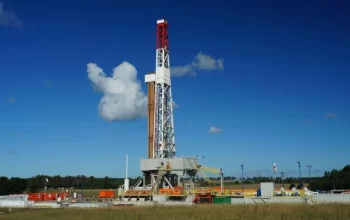Angola asserted its commitment to remain within the Organization of the Petroleum Exporting Countries (OPEC) amidst ongoing disagreements over production quotas within the organization.
Estêvão Pedro, Angola’s representative at OPEC, stated that the country has no current intentions to exit the organization following the suspension of negotiations on last Wednesday evening.
His remarks, made to the financial information agency Bloomberg, came after the postponement of the cartel’s meeting due to disagreements over production cuts, particularly concerning African member countries.
The meeting, that was scheduled for Wednesday, faced interruptions and was deferred to the following Thursday due to differences among the majority oil-producing nations.
The dispute primarily centered around setting production targets for African countries like Angola, Equatorial Guinea, and Nigeria.
Saudi Arabia and its allies advocated for reduced quotas on oil production for African nations, aiming to elevate oil prices for the coming year.
However, opposition from the targeted African countries arose, keen on boosting production to augment revenues amidst regional economic challenges.
The disagreement over production quotas, especially Angola’s resistance to reductions, poses a significant challenge and could be arduous to resolve, noted Helima Croft, the director of RBC Capital Markets specializing in raw materials.
While uncertainties exist regarding the longevity of the partnership between Angola and OPEC, the potential for the country to exit the organization remains inconsequential in the broader context of OPEC’s functioning.
Croft highlighted a probable shift in Nigeria’s stance, emphasizing the country’s value of its relationship with OPEC and its efforts to strengthen ties with Saudi Arabia, demonstrated by the recent visit of Nigeria’s President to attract foreign investment.
Jan Stuart, an energy economist at consultancy Piper Sandler, stressed the significance of the meeting’s postponement, indicating that such decisions are not made lightly.
The recent impasse echoes tensions from June when Angola, the Republic of Congo, and Nigeria were compelled by Saudi Arabia’s Energy Minister to accept reduced production limits for 2024, underscoring the limited influence and oil production capabilities of African nations.
For instance, Nigeria exceeded the previously agreed production limit for 2024, pumping 36 thousand barrels per day beyond the set quota, reaching 1.416 million barrels per day, according to Bloomberg’s reports.
Despite the OPEC meeting’s delay, the markets showed minimal reaction, with Brent oil for January delivery starting at $81.37 per barrel, marginally down from its previous day’s closing price of $81.96.
![]()




